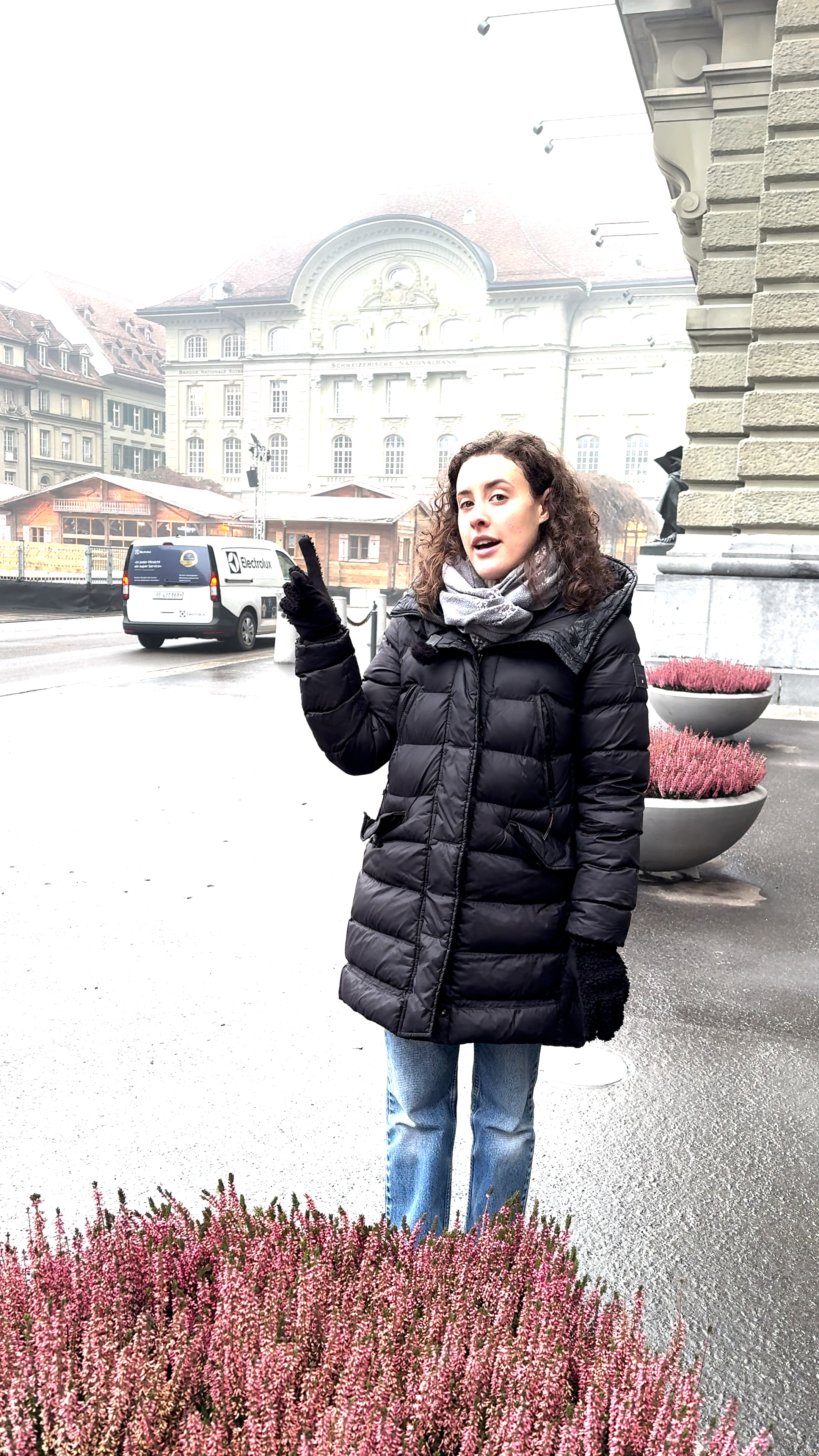
Hobby gardeners set off alien insect ‘time bomb’

The number of insect species spreading from their native habitats to other countries is set to increase by more than a third in the coming years, according to Swiss research.
More than 7,000 species of insect have so far been observed spreading to different parts of the world – a number that could increase to well over 10,000.
Alien insects can cause destruction in their new home countries, which costs an estimated $70 billion (CHF64 billion) per year globally.
Switzerland is currently troubled by the arrival of new mosquito species and the bee-eating Asian hornet.
Researchers at the University of Lausanne have linked the spread of alien insects to the collection of exotic flora by hobby gardeners in the last 100 years.
“Our statistical analysis shows that the current discoveries of insects outside their native zones are explained by the inflow of plants that date back to the beginning of the 20th century,” said report lead author Aymeric Bonnamour.
“Despite rising awareness, people continue to collect exotic plants. The resulting insect arrivals will therefore most likely continue to increase,” wrote co-author Cleo Bertelsmeier.
The research, which analysed the alien insect phenomenon during every decade from 1800 to 2010, has been published in the journal Proceedings of the National Academy of Sciences (PNAS).

In compliance with the JTI standards
More: SWI swissinfo.ch certified by the Journalism Trust Initiative






























You can find an overview of ongoing debates with our journalists here . Please join us!
If you want to start a conversation about a topic raised in this article or want to report factual errors, email us at english@swissinfo.ch.